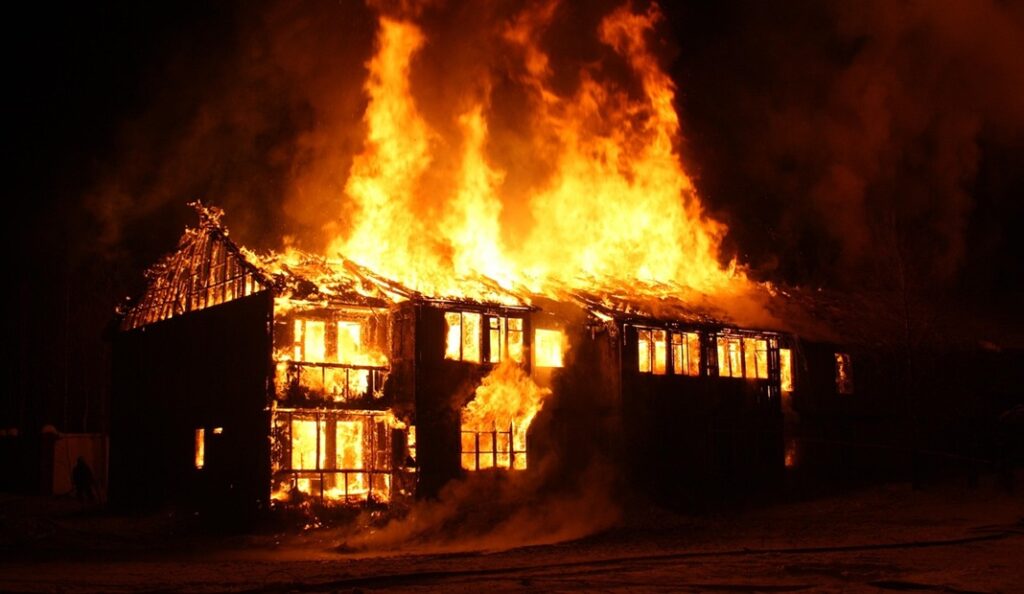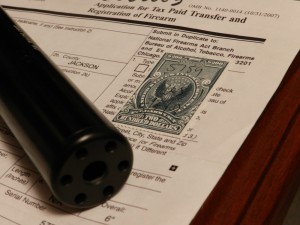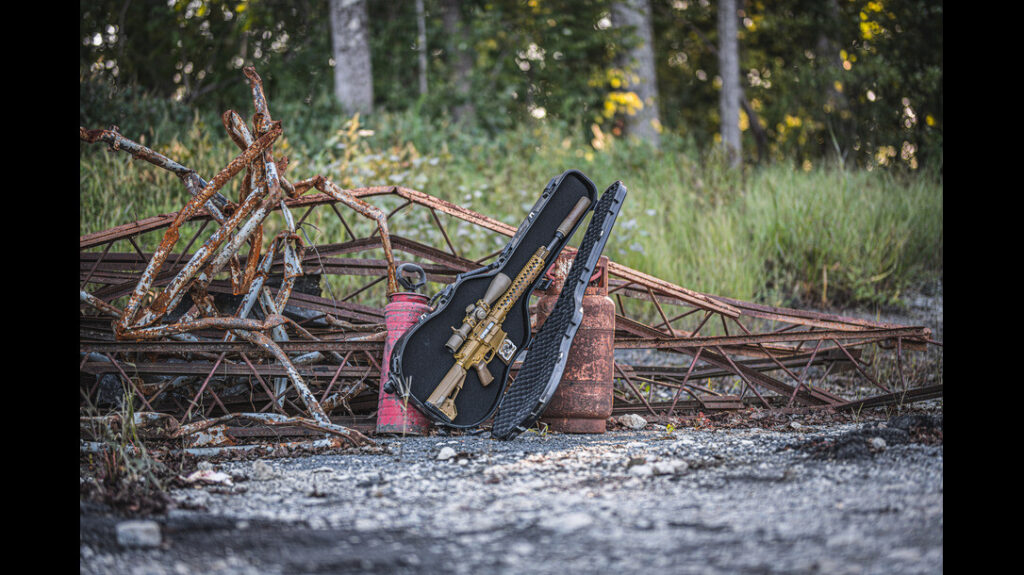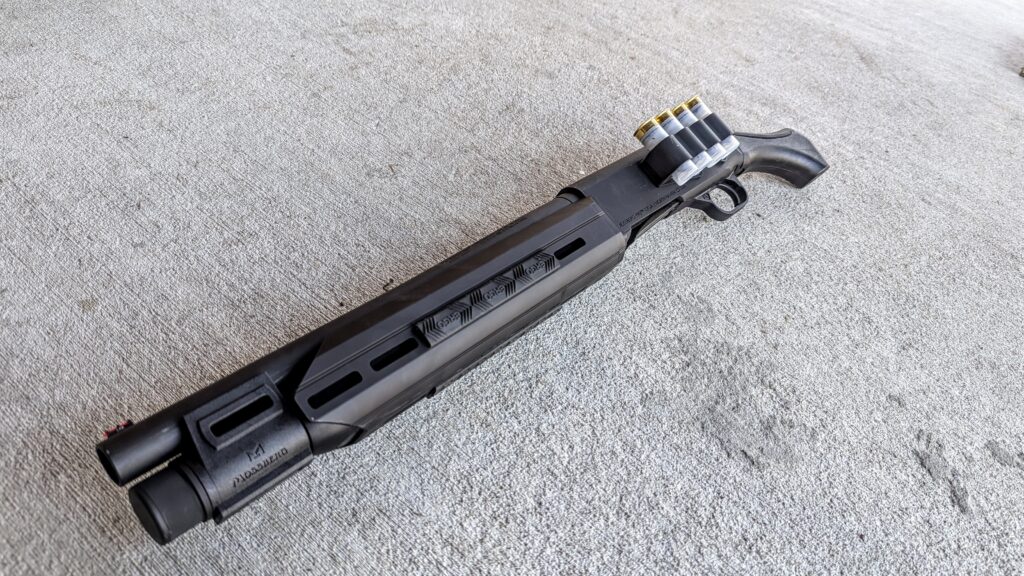For most folks “concealment” means little more than a piece of clothing that blocks their concealed carry piece from view. The truth is it goes much deeper than that. By properly managing expectations you can learn to conceal your firearm better.
Varg Freeborn talks quite a bit about how criminals learn from an early age how to conceal tools, capabilities, and intent, both from authority figures and potential adversaries.
So, what does that mean for gun carriers?
Advertisement — Continue Reading Below
There are various levels of concealment. Aside from just keeping tools out of sight, it would behoove us to understand how to make things look like something they’re not.
We can do this in a couple of different ways:
1) We can make ourselves look less like the stereotypical “gun carrier” caricature. That can be as simple as eschewing “tactical” brands, and as in-depth as intentionally dressing in a style that’s not typically associated with concealed carry (this is generally more refined attire like waistcoats and sports jackets)
Advertisement — Continue Reading Below
2) We can disguise our gear and use misdirection to make people think that it’s something it isn’t.
NOTE: I DO NOT advocate or condone the “oh, that’s just a [insert sensitive medical device here].” It’s a thoughtless, lazy excuse that’s rife with problems.
What I mean is using something like the Raven Pocket Shield to break out the outline of the gear carried in your pockets or using a vibrant key fob on your pocket knife or pepper spray instead of that 550-cord lanyard. That’s a lot easier to explain away.















